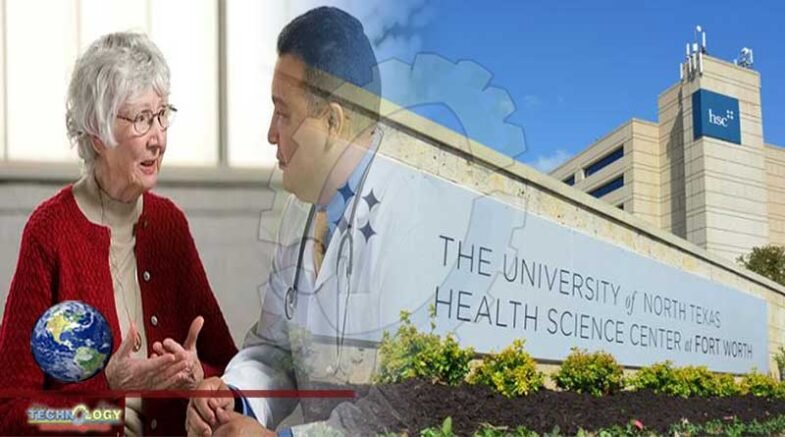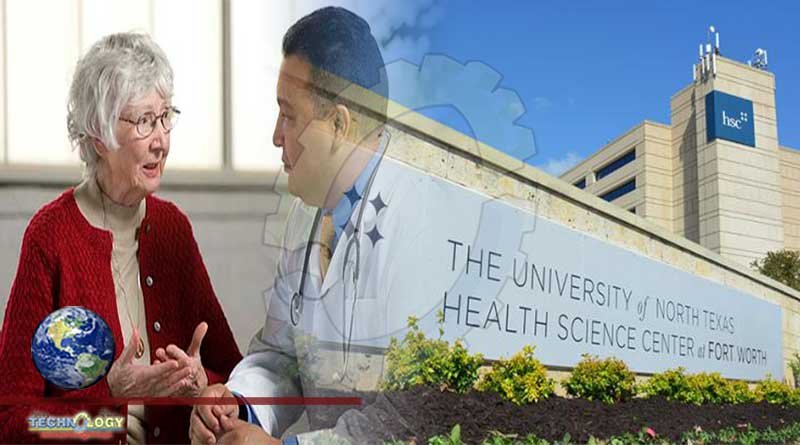Work is being done at UNT Health Science Center in Fort Worth that could change the way we diagnose and treat Alzheimer’s disease.

Work is being done inside a lab at UNT Health Science Center in Fort Worth that could change the way we diagnose and treat Alzheimer’s disease.
“This study is the first-ever,” said Sid O’Bryant. “No one’s ever done this.”
We first met O’Bryant in 2017, when he told us of his brand-new study funded by the National Institutes of Health to find out why Mexican-Americans appear to be at an increased risk of Alzheimer’s.
Laura and Domingo Castillo told us at the time about their parents’ struggles with memory loss.
“It’s the most heartbreaking thing when you see your parents and they’re not there no more,” Laura Castillo said in 2017. “It’s just their body, but not their mind.”
In an interview Wednesday, O’Bryant, who holds a doctorate in clinical psychology, says it’s not just Mexican-Americans who get Alzheimer’s at disproportionate levels. African-Americans do, too.
WFAA asked O’Bryant how much likelier those populations are to get Alzheimer’s than other populations.
“It’s one-and-a-half to two times more likely than non-Hispanic whites,” he said, “and not only that, increased risk at potentially 10 years younger.”
So Wednesday, UNT Health Science Center announced it was investing $7 million more to expand its study into the African American community. They’re now seeking 1,000 African American adults over the age of 50 who would receive free MRIs, blood work, PET scans and more.
Those tests would be used to learn more about the prevalence of the disease in their community and could also help participants in their own health journeys.
“What we don’t know is why, what’s going on,” O’Bryant said of the prevalence of the disease.
Tarrant County Commissioner Roy C. Brooks supports the study, having lost his own mother to Alzheimer’s. He spoke about the study on a Facebook Live Wednesday on UNT Health Science Center’s Facebook page.
“We always had a feeling that mother was in there somewhere,” he said. “I truly believe addressing the health disparities that affect our most vulnerable people and families is one of our greatest responsibilities.”
“We have to do something about this,” said O’Bryant, who hopes this work will help us better diagnose and treat this cruel disease.
Originally published at WFAA
